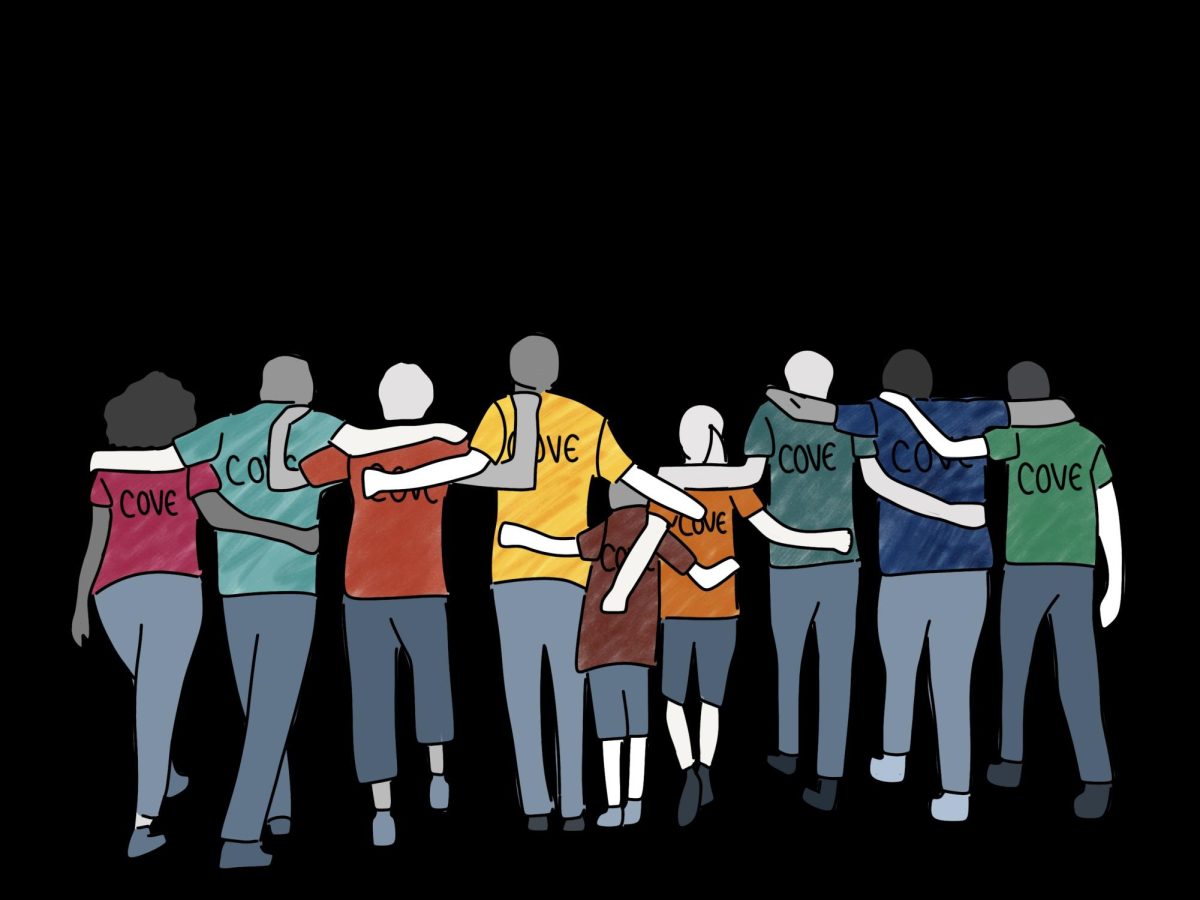A ‘stan,’ the fusion of a stalker and a fan, is entirely a creation of the turn of the 21st century. First observed in the year 2000, this internet terminology has transitioned from niche, disparaging slang to a widely acknowledged concept and one that is said to be used positively by — and towards — internet users. However, the previously mentioned epistemology of a ‘stan’ does not seem to encompass all that it has gradually come to entail. Stan culture, particularly as it can be seen on social host sites such as X (formerly Twitter), Instagram and TikTok, has seemingly made animosity among fans and their blaring over-involvement in their favorite celebrities’ lives a morally permissible — or perhaps even a quasi-religious — role to engage within the public space.
By reason of belief that they each exist meaningfully in the lives of A-Listers, the majority of stans occupy an apathetic moral high ground above constituents of other fan bases and even those within their own. Due to their biased declarations of higher moral status, stans have made their culture a social detriment. By encouraging steadfast praise for celebrities who only exist to most of us within pixels of footage or press photos, stans pledge their loyalty to a person who resides beyond their immediate physical world. A quasi-religion is thereby created. In this quasi-religion, ineffective worship — or insufficient ‘stanning’ — is an acceptable basis on which to punish those ‘impious’ fans who do not entirely agree with the values of their idols. In the absence of any acknowledgement from these public figures, stans operate in a quasi-religious fashion according to nonexistent guidelines that allow each member to punish others according to their own assessments of what is right and wrong within their community.
X accounts in particular exhibit the stan behavior. In my own passive scrolling of the site, I have come across stan ‘burn book’ accounts, on which a central ‘authority’ will post sleuthed-for photos of an account’s owner, dox said owner’s address and government name and encourage their followers to threaten them if they are deemed to be ‘bad’ stans. Whether they are ‘bad’ by reason of lacking enthusiasm for their respective Hollywood deity or by harmlessly promoting the portfolio of another artist remains to be seen.
Religion is defined by the U.S. government as either a theistic belief or set of beliefs in some sort of central figure and/or nontheistic moral or ethical standards which coincide with religious practice. In the case of these stans, it appears logical to propose that their assessment of certain figures — such as Taylor Swift, Ariana Grande and Nicki Minaj — as “goddesses” who are incapable of doing any wrong may border on quasi-mono or polytheism. Of course, it is unlikely that any stan genuinely believes their celebrity of favor to be anything other than a human being, but does such a distinction matter when the implications appear the same?
We can even apply this same mentality to current political climates. The conflation of public figures with deity status is not unique to the aforementioned artists; it is rather common in politics — an example being the depiction of former President Donald Trump as a Messiah-esque figure within white, evangelical Protestant communities. In their discussion of the religious statement, NPR referred to the MAGA allegiance to Trump as something “much stronger than [partisanship].” The same can be said for stan culture, and whether or not MAGA supporters are, in fact, a variation of ‘stans’ is far more of a social epistemic issue than I have time to address.
The comparisons draw themselves. While Trump is not himself viewed as God, he is viewed as an offshoot of divinity: a paragon of religiosity, of heralding the ‘righteous’ world for the pious white populations who view him as a Messiah. I used the term quasi-religious to designate this same mentality for Taylor Swift, Ariana Grande and Nicki Minaj, though perhaps a more appropriate phrasing would be something along the lines of ‘parasocial and religiously evocative.’
Parasociality is outlined by the National Register of Health Service Psychologists as engaging in “one-sided relationships, where one person extends emotional energy, interest and time, and the other party, the persona, is completely unaware of the other’s existence.” A considerable alternative of such dedication may be the idea of cancel culture. It is an interesting question as to whether or not we can draw out such comparisons in the opposite direction: Perhaps a stan is a quasi-religious zealot and a canceled one a heretic. Regardless of the terminology, the dedication across ‘stan’ culture and any sort of religion of worship appears to lay a solid groundwork for this analysis.















Anuraty • Jul 18, 2024 at 3:59 pm
I must admit that I fall to this as well, not for celebrities, but for people I play games with. At times I feel ashamed, I know I am putting them on a pedestal, but I think I’m in love with some of them.